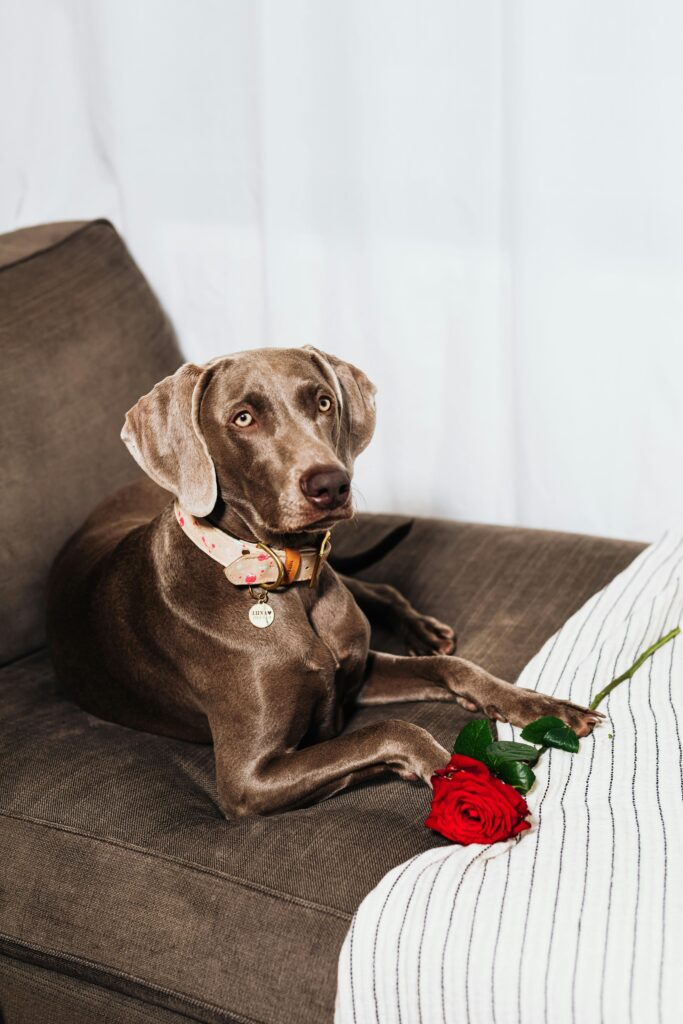Valentine’s Day is a time for love, chocolate, and sweet treats. However, while indulging in delicious Valentine’s candy, pet owners need to be aware of the serious risks these sweets pose to their furry companions. Many popular Valentine’s treats contain ingredients that are toxic to dogs and cats, leading to dangerous and even fatal consequences.
In this article, we will discuss the dangers of Valentine’s candy for pets, which ingredients are the most harmful, what to do if your pet ingests something toxic, and safe alternatives to share with your beloved furry friend.
Why Valentine’s Candy is Dangerous for Pets
While we may enjoy chocolates, gummies, and other sugary treats, these can be highly toxic to dogs and cats. Here are the top reasons why Valentine’s Day candy poses a risk to pets:
1. Chocolate Toxicity in Dogs and Cats
Keywords: is chocolate toxic to dogs, chocolate poisoning in pets, what to do if my dog eats chocolate
Chocolate is one of the most well-known toxic foods for pets. It contains theobromine and caffeine, both of which are harmful to dogs and cats. The darker the chocolate, the more toxic it is. Even small amounts of chocolate can cause serious health issues, including:
- Vomiting and diarrhea
- Rapid heart rate
- Tremors and seizures
- Hyperactivity
- Coma and, in severe cases, death
If your pet ingests chocolate, contact your veterinarian immediately. The amount and type of chocolate, as well as your pet’s weight, will determine the level of toxicity.
2. Xylitol Poisoning in Pets
Keywords: is xylitol dangerous for dogs, xylitol poisoning symptoms, sugar-free candy and dogs
Xylitol is a sugar substitute found in sugar-free candies, gum, mints, and even some peanut butter brands. While it is safe for humans, it is extremely toxic to dogs. Even small amounts of xylitol can cause a rapid release of insulin, leading to:
- Hypoglycemia (low blood sugar)
- Seizures
- Liver failure
- Death
Cats are less likely to ingest xylitol, but dog owners should be especially cautious. If your dog consumes anything containing xylitol, seek veterinary care immediately.
3. Raisins and Grapes in Chocolate and Trail Mixes
Keywords: are raisins toxic to dogs, what happens if my dog eats raisins, grape toxicity in pets
Many Valentine’s treats, such as chocolate-covered raisins and gourmet trail mixes, contain raisins or grapes, which are highly toxic to dogs. Even a small amount can lead to sudden kidney failure. Symptoms of raisin or grape toxicity include:
- Vomiting and diarrhea
- Lethargy
- Dehydration
- Kidney failure
There is no known safe amount of raisins or grapes for dogs, so it is crucial to prevent any exposure.
4. Hard Candies and Choking Hazards
Keywords: can dogs choke on candy, is hard candy safe for dogs, choking hazards for pets
Hard candies, such as lollipops and candy hearts, can pose a choking hazard to pets. These candies can get stuck in the throat, leading to choking or airway obstruction. Additionally, the plastic or foil wrappers can cause intestinal blockages if swallowed.
5. Alcohol and Caffeinated Treats
Keywords: can dogs drink alcohol, caffeine toxicity in pets, alcohol poisoning in dogs
Some specialty Valentine’s chocolates and drinks contain alcohol or caffeine, both of which are dangerous for pets. Even small amounts of alcohol can cause:
- Vomiting
- Disorientation
- Seizures
- Respiratory failure
Caffeinated treats can lead to similar symptoms as chocolate toxicity, making them equally dangerous.

What to Do If Your Pet Eats Valentine’s Candy
Keywords: what to do if my dog eats chocolate, emergency vet for pet poisoning, pet poison control hotline
If you suspect your pet has consumed toxic Valentine’s candy, follow these steps immediately:
Do Not Induce Vomiting Without Vet Approval: Some substances can cause more harm if vomited back up.
Stay Calm: Panicking can make it harder to respond effectively.
Identify the Substance: Determine what type of candy was eaten and how much.
Call Your Vet: Provide details on the candy and your pet’s size and weight.
Contact Pet Poison Control: The ASPCA Animal Poison Control Center (888-426-4435) and the Pet Poison Helpline (855-764-7661) are available 24/7.
Monitor Symptoms: Watch for vomiting, diarrhea, lethargy, or tremors.

Safe Valentine’s Treat Alternatives for Pets
Instead of sharing Valentine’s candy with your pet, consider these safe and healthy alternatives:
1. Pet-Safe Treats
Look for Valentine-themed dog and cat treats made with natural ingredients, such as:
- Freeze-dried meats
- Peanut butter (xylitol-free)
- Dehydrated sweet potatoes
- Dog-safe cookies
2. DIY Valentine’s Treats
Make homemade Valentine’s treats for your pet using pet-friendly ingredients like:
- Mashed bananas
- Oat flour
- Pumpkin puree
- Carrots
3. Pet-Safe Toys
Instead of giving candy, spoil your pet with:
Interactive food puzzles
Heart-shaped chew toys
Valentine-themed plushies
How to Keep Valentine’s Candy Out of Reach
Keywords: how to keep my dog from eating candy, pet-proofing my home, prevent chocolate poisoning in dogs
To protect your pets from accidental ingestion, take these precautions:
Monitor Pets Closely: Be extra vigilant during parties and celebrations.
Store Candy Securely: Keep all sweets in high cabinets or locked containers.
Dispose of Wrappers Properly: Foil and plastic wrappers can be harmful if swallowed.
Educate Family Members: Teach children and guests about the dangers of feeding candy to pets.
Conclusion
While Valentine’s Day is a time for love and indulgence, it is crucial to keep your pets safe from toxic treats. Chocolate, xylitol, raisins, hard candies, and alcohol can all pose severe risks to dogs and cats. By understanding the dangers, recognizing symptoms of poisoning, and providing safe alternatives, you can ensure your furry friends stay happy and healthy this Valentine’s Day.
If your pet ingests something toxic, don’t hesitate to seek veterinary care immediately. A few precautions can make all the difference in keeping your pet safe during the season of love.

